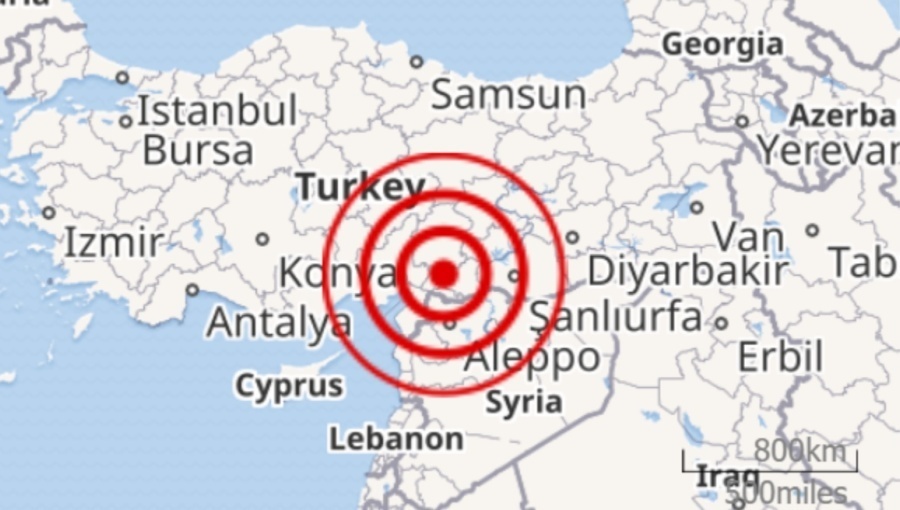Google has admitted its earthquake early warning system failed to accurately alert people hit by Turkey’s earthquake catastrophe of February 2023. Its admission comes almost two and a half years after the double-quake disaster that took the lives of at least 55,000 people.
Ten million people living within 98 miles (159 kilometres) of the quake epicentre could have been sent Google’s highest-level “Take Action” alert, which overrides Android-system mobile devices set on “Do not disturb” to deliver its warning––giving recipients up to 35 seconds to find safety. Instead, only 469 such alerts were sent out for the 7.8-magnitude quake, the first of two major tremors.
Google told the BBC that half a million people were sent the lower level warning, which is designed for “light shaking” and, with no device over-ride, does not alert users in the same prominent way as the “Take Action” forewarning.
Google researchers have relayed in the Science journal information on what went wrong, describing “limitations to the detection algorithms”.
But in 2023, the tech giant, after a BBC Newsnight investigation, told the British public broadcaster that the system had “performed well”.
After in 2023 failing to find anyone who had received the “Take Action” alert, the BBC concluded that it was clear that not everyone who should have been alerted about the imminent earthquake was alerted ––but the full and shocking extent of the failure was not known until now.
When the first earthquake struck in the early hours, many people were asleep in buildings that then disintegrated around them.
Elizabeth Reddy, assistant professor at Colorado School of Mines, told the BBC that it was concerning that it took more than two years to get the information on the extent of the failure of the Google early warning system.
“I’m really frustrated that it took so long,” she said
“We’re not talking about a little event – people died – and we didn’t see a performance of this warning in the way we would like.”
The alerts system is available in just under 100 countries and is described by Google as a “global safety net” that is meant to be supplementary to national systems. However, it operates in some countries that have no other warning system, according to the BBC.
The system, named Android Earthquake Alerts (AEA), is run by the Silicon Valley firm, not in any way by the individual countries.
